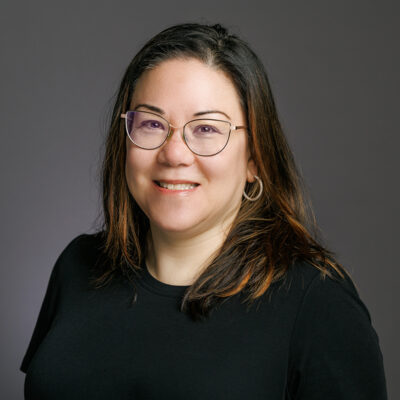Leslie M. Tsou

Senior Fellow
Leslie M. Tsou retired from the U.S. Department of State in April 2023 after more than 30 years of service. Her final tour of duty was as U.S. Ambassador to the Sultanate of Oman. She was the first Deputy Chief of Mission at the U.S. Embassy in Jerusalem from 2017 to 2019, and the Deputy Chief of Mission at the U.S. Embassy in Tel Aviv from 2016 to 2017. She served as Senior Advisor for Iran from 2015 to 2016 and Director of the Office of Iranian Affairs from 2012 to 2015 in the Near Eastern Affairs Bureau at the Department of State. She was Deputy Political Counselor at the U.S. Embassy in Baghdad from 2011 to 2012, and Arabian Peninsula Director on the National Security Staff at the White House from 2010 to 2011. Other overseas assignments include London, Tripoli, Kuwait, and Warsaw. Other domestic assignments include Deputy Director of the Office of Israel and Palestinian Affairs, Libya Desk Officer, and Tunisia Desk Officer in the Near Eastern Affairs Bureau of the Department of State, UK Desk Officer in the European Affairs Bureau at the Department of State, and several positions in the Secretary of State’s office. She is the recipient of numerous Department of State awards, including the 2003 Director General Award for Reporting.
Read Full BioU.S. government officials are the face of our country abroad, so it's important that we represent America's diverse population. Inside our embassies, diplomats follow U.S. laws and regulations, including equal treatment of all persons regardless of race, color, religion, sex (including pregnancy, sexual orientation, and gender identify), national origin, ethnicity, age, and disability. Outside our embassies, however, we often work in societies where these categories are not treated equally. I've faced such challenges my whole career, as a woman and a person of color. On the other hand, in every country I've served, people from the local population want to work at the U.S. embassy precisely because of what America stands for and the protections we provide.
I also believe an increasingly diverse work force will bring different approaches to the challenges the U.S. faces. The world is growing more complicated by the day and diplomacy isn't getting any easier. We need the ability to look at the issues we face in new and different ways. When I joined the Foreign Service, all the new officers, including myself, were international relations majors in college. Now, State seeks to attract officers from all walks of life.
If nothing else, I hope the students come away with a deeper understanding of the challenges the U.S. faces in making foreign policy, even with its economic, cultural, and military advantages. I also hope the students come away with a recognition that there are true heroes in the U.S. government working on these problems every day. They don't do it for personal recognition but to try to make the world a better place. It may sound corny, but I can't think of a better life purpose.